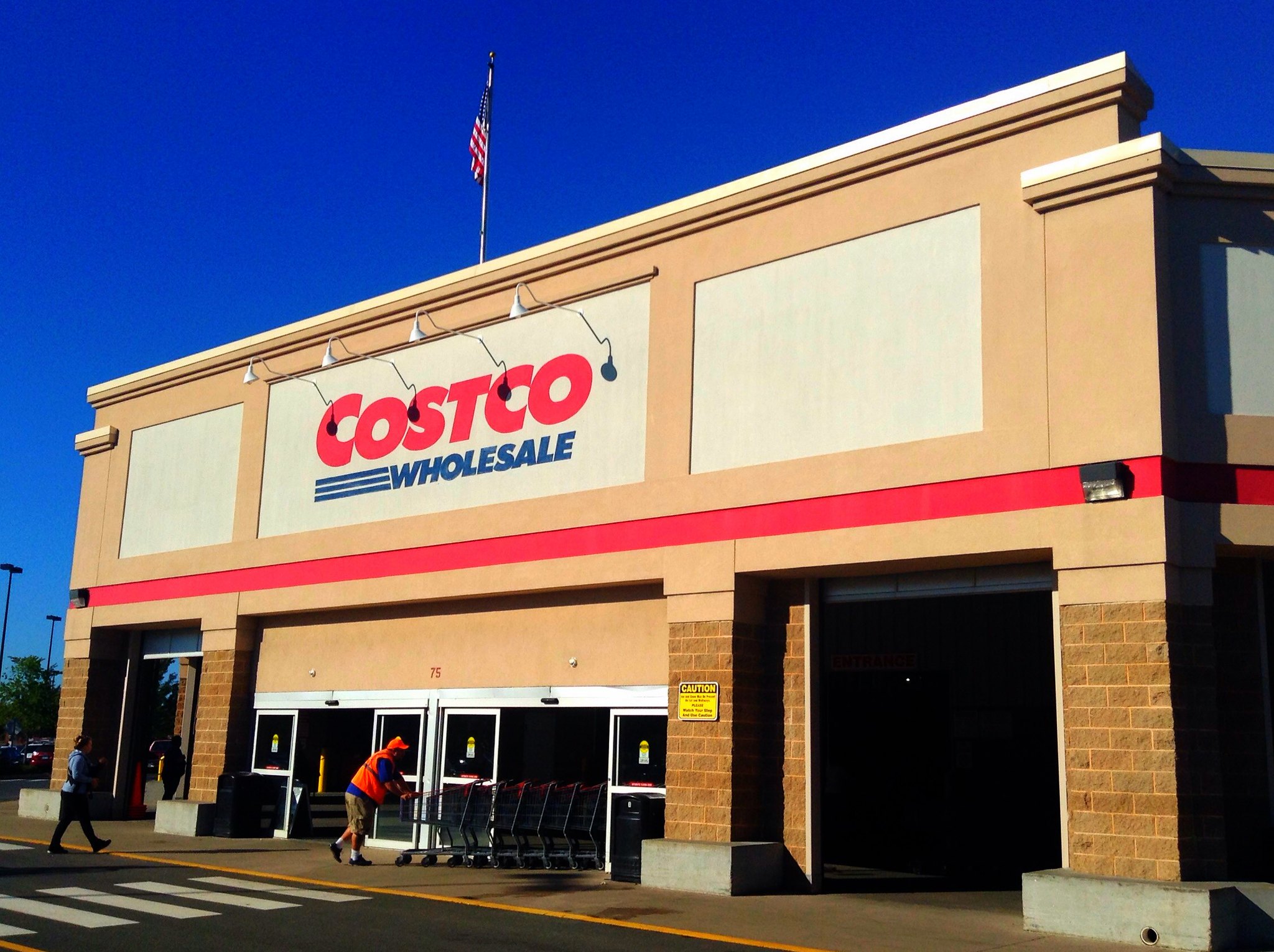Returns are an eternal headache for retailers. They are expensive, hard to handle and impact heavily on profits. Are retailers doing enough to both minimise them and ensure that customers appreciate the impact of returns too? Liz Morrell, Internet Retailing’s Research Editor, examines the issues behind the next research report.
AS WE HEAD towards Christmas the issue of returns becomes a bigger challenge than ever for retailers to deal with. A good returns policy is essential to happy customers and seasonal goodwill but the cost implications of having too liberal a returns policy, or an inefficient returns policy that leaves the customer experience wanting, has a direct impact on profitability that retailers can’t afford to ignore. It was therefore an obvious choice to look again at returns for our next Internet Retailing Research project.
As with our previous research projects the report will take the form of a three-month research programme which will include industry and retailer interviews and a qualitative survey of retailer opinion to see exactly what the challenges are that retailers are currently facing and how they are coping. Keep an eye out for the online survey, which will be hitting your inboxes this month.
In this latest returns project, we will look not only at the question of returns but also examine customer attitudes and retailers’ interpretation of them. How happy do retailers actually believe their customers are with their returns processes and how much focus are they dedicating to deliver improved returns processes that not only serve to increase customer satisfaction and spend but also reduce their own costs?
Of course, whilst the challenge of returns is highlighted at Christmas, the true reality is that returns are a year round headache for retailers. Whilst retailers have long focussed hard on managing the outbound flow of goods – with everything from single stock pools and click and collect services improving efficiency for the consumer when buying goods — many retail returns processes remain clunky, cost intensive and highly inefficient for both customer and retailer.
THE RIGHT PARTNERS
Minimising returns is essential and requires the right partners to ensure it is done efficiently. Neil Weightman, Sales Director of iForce, says his company is passionate about returns and has invested heavily in not only efficient outbound logistics solutions for its clients but has also worked hard on the reverse flow too. “We love returns and have been pioneers in reverse processing,” he says.
It’s a view shared by Rob Kay, Head of Corporate Strategy for Hermes Parcelnet Ltd – the UK’s largest lifestyle courier delivery network and second largest b2c parcel carrier in the UK and another of our partners in the research project.
He says the company takes hassle-free returns very seriously and treats it as a standalone channel. “For Hermes, returns are not a problem, they’re certainly not an “add-on,” they are a key element of our multichannel (b2c and c2b) parcel delivery offer,” he says. “We know that reliable hassle-free return collections build trust, increase average order values and order frequency between our clients and their customers and promote customer lifetime-values which benefit all service providers in the returns eco-system,” says Kay.
HASSLE FREE
Hassle-free is the ideal for both retailer and shopper but what does this involve in practice? We will look at what retailers are doing and whether they are supplementing return to store with other options too: local returns through routes such as Hermes’ ParcelShop which gives the customer greater flexibility and tracked returns options which give the customer greater reassurance around their purchases.
“It’s about giving the customer greater control and choice over their return collection with reliable returns tracking – both domestic and cross-border,” says Kay. Making returns easier is one issue but do customers and retailers actually understand the true impact of returning product?
Vicky Brock is CEO of Clear Returns – a data intelligence company that uses sophisticated data analysis and insight techniques to look at the customers and products behind returns to help identify trends that may help retailers reduce return rates – and our third partner in the report. “We look at what customers keep rather than what they buy,” says Brock. She says that the company’s sophisticated data modelling also helps it to quickly identify issues that retailers may face with their returns. “We can, with a handful of returns, understand if there is an issue with a particular product, spot return fraud or see where there are satisfaction issues – for instance out of stock or a returns experience that kills that lifetime value of the customer,” she says. She says returns are simply costing retailers too much. “We are seeing huge operational costs that are having a massive impact on profit. There is huge scope for profit optimisation,” she says.
Preventing returns in the first place is also key and reviews help in this. TrustPilot is an online review driven community and platform that builds relationships between consumers and businesses and is our final partner in the report. Founded in 2007, the website now accounts for more than 5 million customer reviews of over 60,000 companies across the United Kingdom, Europe and the United States enabling e-tailers to engage with customers directly, by inviting them to provide reviews of their online shopping experience. Peter Holten Mühlmann, CEO of TrustPilot says this means retailers can learn and make improvements even before a return is made. “Online reviews encourage a customer-tobusiness feedback loop; a direct dialogue that allows businesses to improve operations and, ultimately, customer satisfaction. By quickly addressing one complaint or other situations that may arise when dealing with returns, companies can ensure the same problem doesn’t crop up for others, stopping a threatening issue in its tracks before it can gather momentum,” he says.
And the benefits can outweigh the risks. “Many retailers are nervous about what their customers might say. But the reality is that most serve a raft of satisfied customers, and people accept that brands aren’t perfect,” says Mühlmann. But improving returns is not just about saving money, point out our partners. “There is so much shocking waste in returns – everything from road miles to packaging,” says Brock. “People tend to assume it all just goes back on sale and don’t appreciate it has to be repackaged and cleaned and that a lot of time things don’t go back on sale at all,” she says. Weightman shares the same view. “One thing I’m interested in is about carbon credit and the environment. Are these retailers measuring what is happening to the product that comes back and can’t be resold? How much is going into landfill, how much is being recycled and what percentage is being scrapped?” he asks.
Like Brock, he also questions how much time and effort retailers are putting into fixing goods either within the customer’s home in the first place to prevent a return or reworking and repackaging product that has been returned simply thanks to a change of mind or a minor fault. “The fact is, there is a lot of product that may not have much wrong with it. How much are they writing off?” he asks. Brock believes it’s time for retailers to change “Whether it’s social or commercial sustainability you can’t carry on with a returns rate of 1 in 3 because returns really are impacting the wider business profitability,” she says.
Our research will help show the impact returns are having, how retailers are looking to deal with it, and illustrate some best practise case studies of retailers who put the same focus and attention on the returns side of their business as our partners in this report do.
As always a summary of the results will be published as a two page article in the January issue of Internet Retailing and a standalone Internet Retailing Research report on returns will be available to download from the Internet Retailing website in February. The report launch will be followed with a dedicated Returns Research briefing where we will present the results and learnings from our research, alongside our partners at a live London based-event on Tuesday, 13th February.
I hope to see you there but if you have any thoughts on returns before then and want to contribute to the research report please email Liz@internetretailing.net. I’d love to hear from you.




